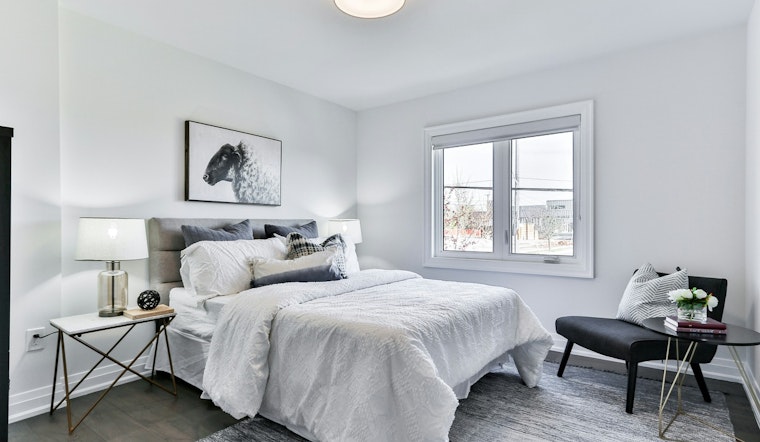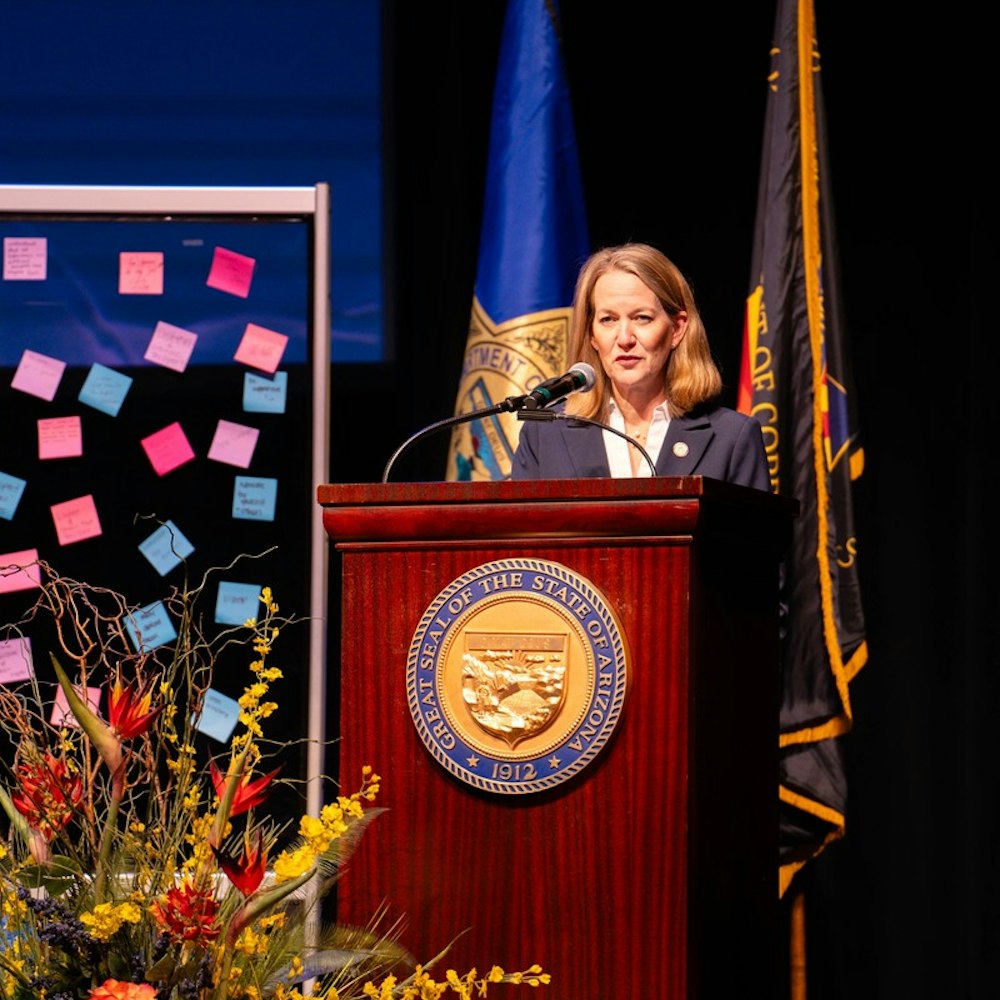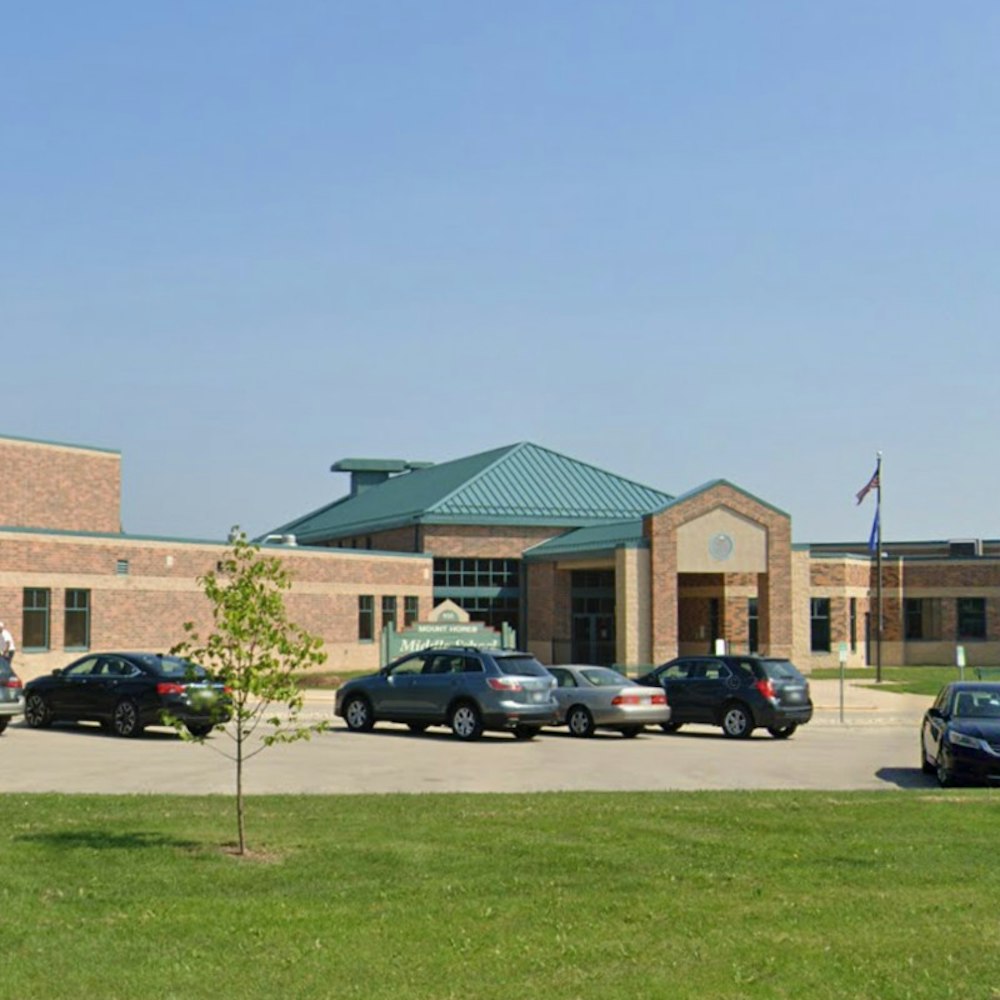
The Austin City Council took a stand for sunlight in residential buildings, voting Thursday to edit the city's building code to require bedroom windows that allow natural light. As reported by the Austin Monitor, the change, effective May 20, modifies one word in the International Building Code from "or" to "and," making both natural and artificial light a requirement in rooms designed for sleeping.
Historically, Austin developers have constructed windowless bedrooms, particularly on West Campus near UT Austin. This design approach maximized rental spaces, therefore padding developers' profits. Yet, it came at a cost to residents’ mental well-being, especially impactful during the pandemic when students spent prolonged periods in such enclosed quarters. Juan Miró, a UT Austin architecture professor, has been vocal about the need for change, telling Austin Monitor, "Windows should be a human right." He related the struggle of students dealing with the psychological difficulties of living without natural light.
Confronted with the argument that incorporating windows into bedroom designs would increase housing prices, opponents of windowless bedrooms have stood firm. Jason Haskins, a director at h+uo Architects in Austin, noted before the council vote that cost considerations should be secondary to fundamental living standards, equating it to necessities like sprinkler systems and ADA compliance. According to Austin Monitor, the city has proposed an alternative that would still allow developers some flexibility: "borrowed light" from another room.
The push to ban the construction of new windowless bedrooms has been a long time coming, with Professor Miró's annual assignment to draw their bedroom windows exposing numerous instances of students without this basic amenity, as detailed by KUT News. After two decades of development trends favoring denser, more profitable construction, Austin's landscape is dotted with thousands of such rooms, contributing to a sense of disconnection and mental strain felt by occupants like UT Austin journalism major Julia Mahavier. She relayed to KUT News the disorientation and detachment inherent in residing within a room with no view of the outside world.
The well-being implications of living with a lack of natural light should not be understated. Research has firmly established the correlation between natural light and improved mental health outcomes. Meanwhile, Austin dwellers, like former UT Austin student Roosh Bhosale, experienced firsthand the negative effects such as disorientation and irritability tied to their living situations – a persistent enough situation that led him to study windowless bedrooms' impact on student mental health for his senior thesis. With the city's recent legislative move, the tide seems to be turning, favoring rooms bathed in sunlight above those kept in the dark.









